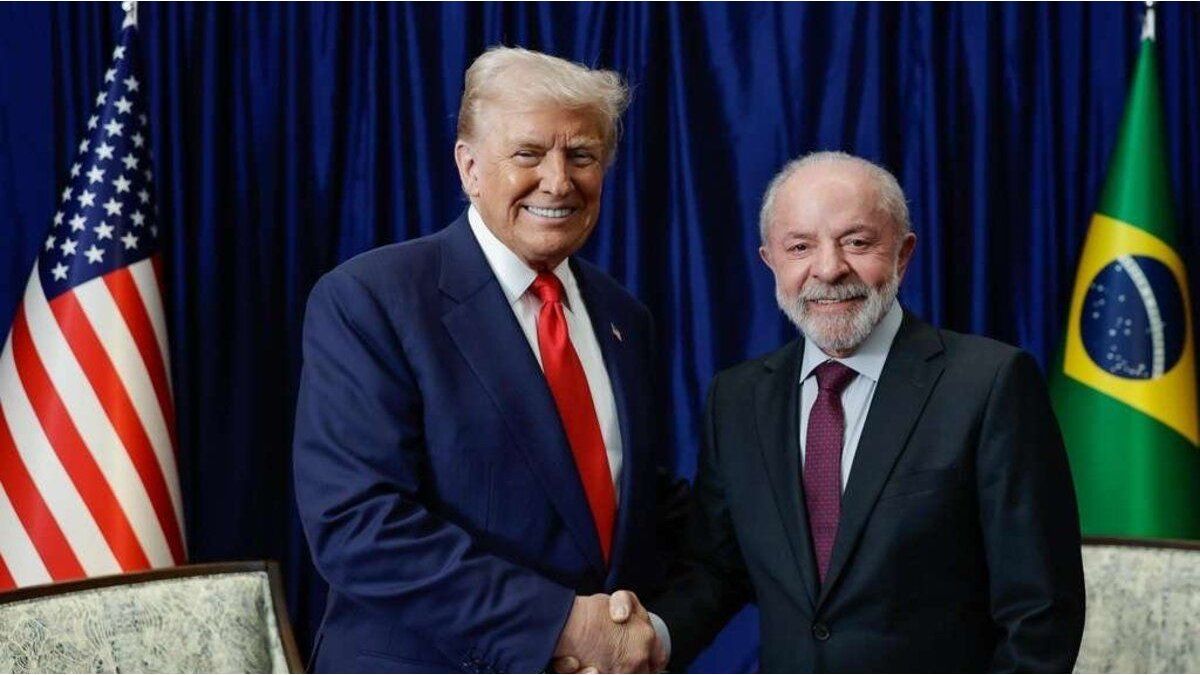Image: Colourbox
This left open doors for Minister Leonore Gewessler (Greens): “If I had my way, we would have had the climate protection law long ago, but it needs a majority.”Leibnitz. With this, Gewessler once again put off the state speakers, because they had always called for the drafting of the climate protection law at conferences in recent years in order to bring state goals in line with federal goals. “I will take the decision of the federal states as support,” promised Gewessler and said that the law would have to come in the current legislative period.
In order to further promote the expansion of renewable energy sources, the speakers also decided that the expansion of the energy networks in those federal states that invest particularly heavily in wind power, for example, should not only be at the expense of the population in the respective federal states. Electricity network fees currently vary from region to region, but since the expansion of renewable energy sources benefits everyone in Austria, the expenses for network expansion must also be fairly distributed among all end customers. That’s why work should be done on this at the federal level. According to Gewessler, the first discussions in this regard have already taken place, said Burgenland’s LHStv. Astrid Eisenkopf (SPÖ).
Natural hazard checks in all federal states
In addition, precautionary measures in the event of natural hazards should be strengthened throughout Austria. So-called natural hazard checks, which have already been carried out by around 65 municipalities in Styria, are to be introduced in all federal states. Each municipality records 13 potential natural hazards – hydrological, gravitational and climate-related. So far, around 100 of these checks have been carried out in municipalities throughout Austria. The Styrian climate protection councilor Ursula Lackner (SPÖ) emphasized: “The natural hazard check is an important instrument for dealing with climate change and its consequences in the best possible way and thus also protecting citizens.”
more from economics




